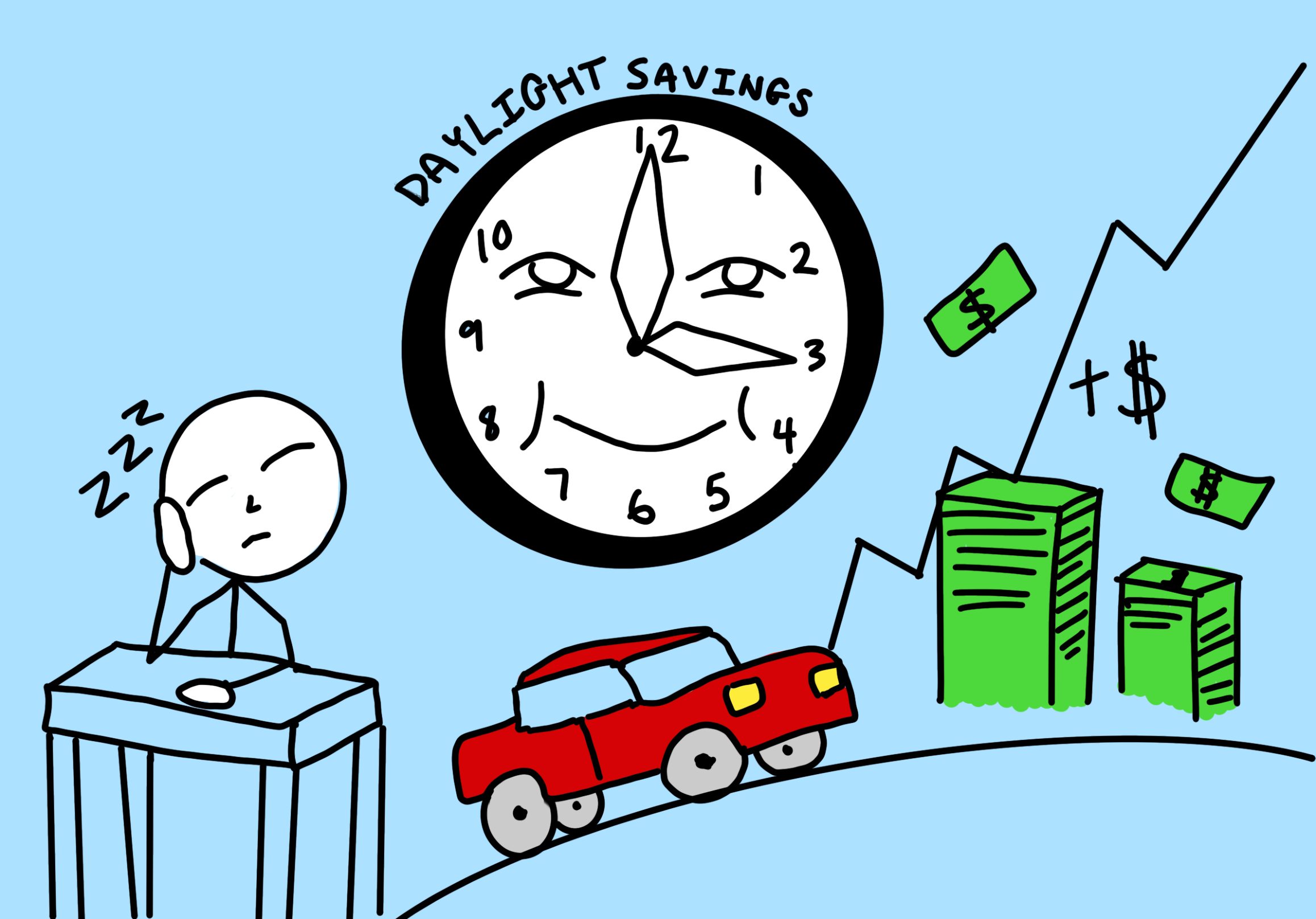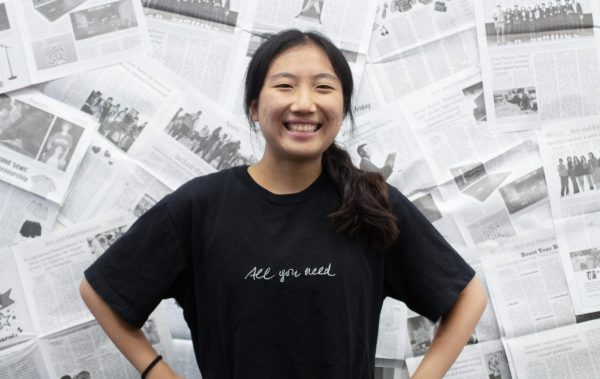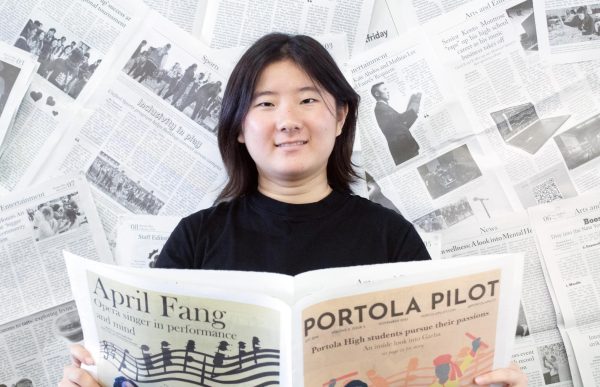Daylight Savings Should be a Permanent Fixture
November 17, 2023
With the times changing every March and November due to daylight savings, there is a split on whether it is really necessary. Though pulling one hour back may be difficult to adjust to because of the sudden time change, daylight savings should be kept to increase both economic and academic productivity while securing public safety.
Daylight savings should be kept as it contributes to public safety. According to University of Washington law professor Steve Calandrillo who testified on this topic in Congress, the extra hour of sunlight helps minimize vehicle accidents or other dangers on the road. By making daylight savings permanent, communities will be able to encourage the safety of loved ones.
Moreover, daylight savings can leave time for other tasks. Through the extra hour, students have more time for their tasks or assignments, according to senior Youssef Achackzad.
“It’s helpful since it gives me time to focus on other, more important things, that I wouldn’t be able to do otherwise,” Achackzad said.
Daylight savings becoming a fixture additionally boosts the economy through increased demand for services. Businesses that are hospitable—restaurants, for example—can benefit from permanent daylight saving Time as lighter hours translate into greater service demand, according to Provident National Corporation economist Kurt Rankin
However, some students argue that daylight savings is dangerous and actually decreases productivity. Having to change the clocks every few months throws off sleep schedules, making students more tired, according to freshman Irene Qi.
“I tend to procrastinate a lot, so the changing of times makes it harder for me since I’m more tired,” Qi said. “It’s more dangerous too, since I’m doing things while I’m this tired.”
Though there is an adjustment period with daylight savings, this exhaustion is not permanent. Most people are only tired for a week after daylight savings start, according to CNET. Additionally, to minimize the exhaustion from daylight savings, students can reduce light exposure from electronic devices, according to a University of California article on the importance of sleep amid daylight savings practices.
“If people are susceptible, they can have difficulties; however for the general population it takes a week or two to adjust, and some people thrive more in the morning…and some people thrive more at night,” Portola High Mental Health Specialist Gabrielle Laufty said.
Critics claim that darker evenings and lighter mornings will disrupt the body’s rhythm which, in turn, results in stress and sleep loss. However, daylight savings also promotes more active lifestyles, as people are willing to go out more when the times change again, according to Britannica.
Despite concerns about health, daylight savings is actually healthy and more productive to both students and adults by pushing them to wake up early and giving them more time to get things done. By making daylight savings permanent, the extra hour of sunlight allows for increased productivity and healthy schedules that helps everyone.





